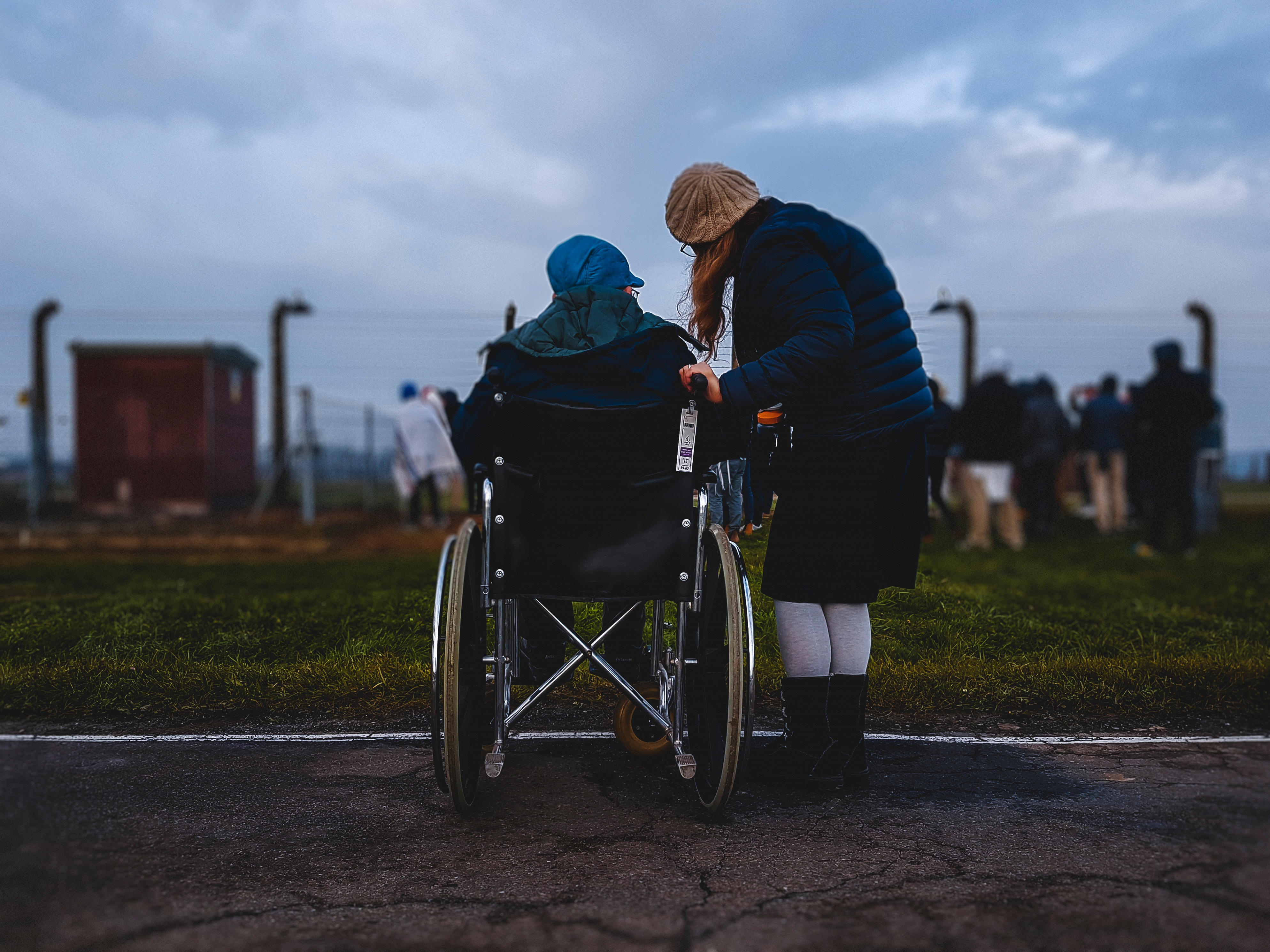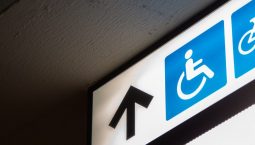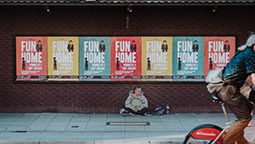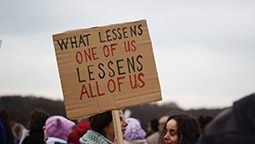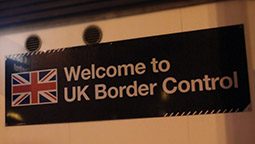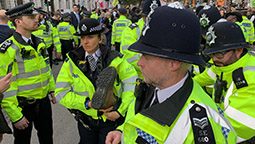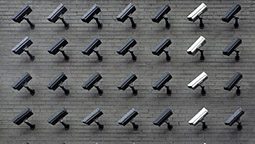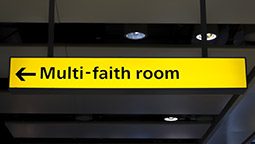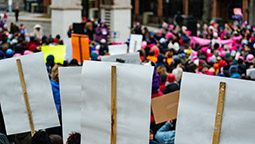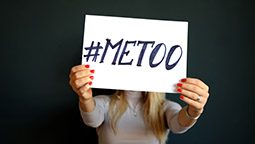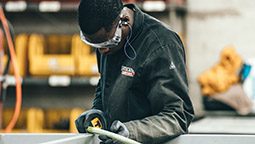For over a year, throughout the Covid-19 pandemic, the UK’s disabled community has repeatedly felt betrayed and neglected by the government.
During consecutive lockdowns, disabled people have been instructed to shield, which meant we were sent letters by the government informing us we had to stay home for 12 weeks, initially. We were not to leave the house unless absolutely necessary. Due to shielding, disabled people were unable to travel to supermarkets to purchase essential goods. Previously, delivery slots were relied upon as a safe and secure way for goods to be delivered to homes. Those slots became scarce. Whilst shielders were offered food parcels, these became unreliable. Although shielding was undoubtedly for our safety, it didn’t feel like we were a priority.
How Disabled People Have Been Let Down
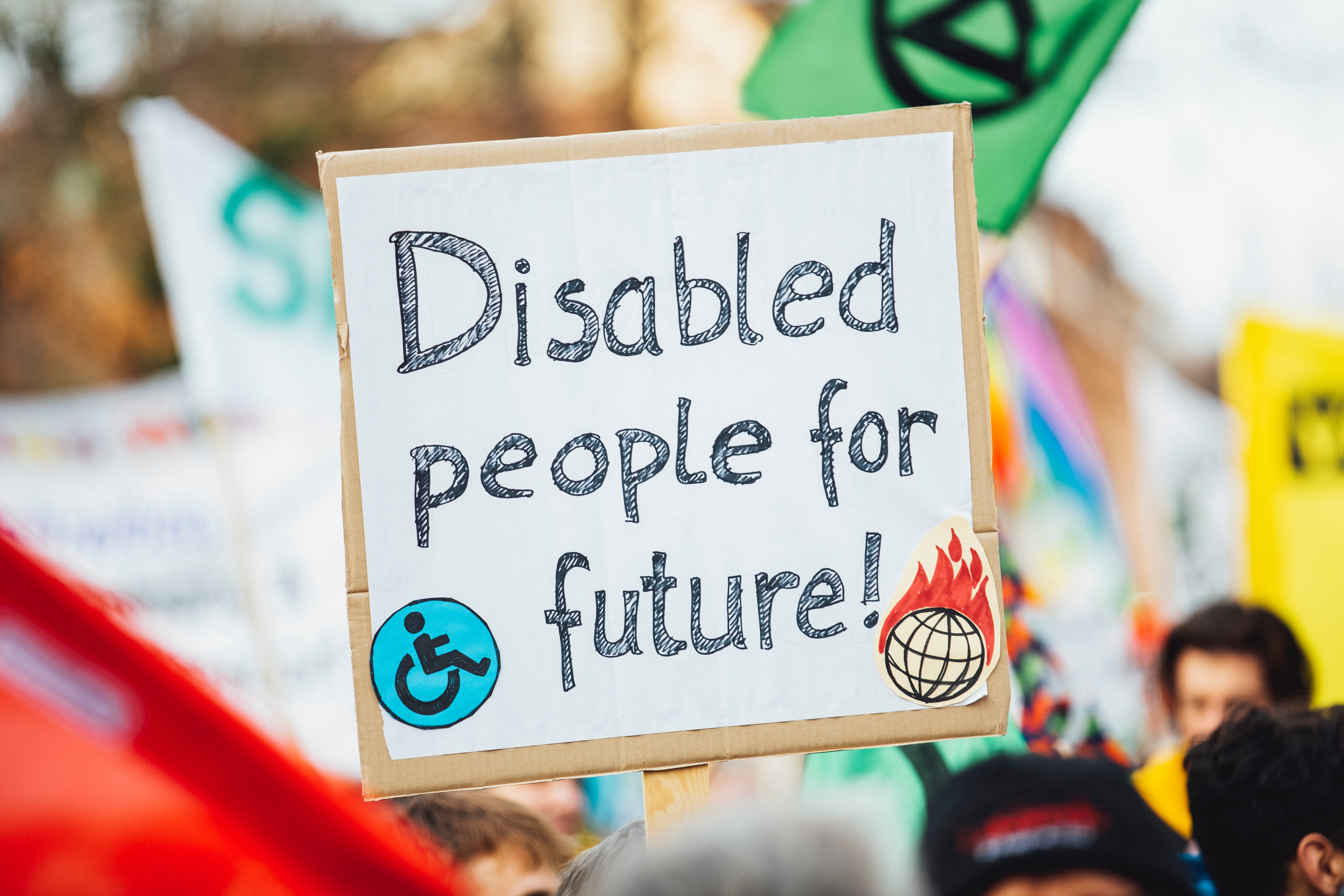
Recently, a House of Commons Public Accounts Committee (PAC) report found that the Department of Health and Social Care only provided the adult social care sector with 10% of the estimated personal protective equipment (PPE) needed. Moreover, they stated, “many workers at the front line in health and social care were put in the appalling situation of having to care for people with Covid-19 or suspected Covid-19 without sufficient PPE to protect themselves from infection.”
Disabled people rely upon vital health check-ups, treatments and procedures, so when these appointments have been rescheduled as telephone appointments it has left them to contend with bureaucratic nightmares. This has been coupled with waiting months for the appointment in the first place.
Between the first and second waves of coronavirus in the UK, disabled people were left in limbo. In the November lockdown, shielding was not a requirement, but this meant that those who couldn’t work from home would have to choose between their careers or their health. Vulnerable people were simply advised not to go to work, informed of their ineligibility for the furlough scheme and told to apply for statutory sick pay. This was only changed after much criticism.
When news of coronavirus vaccines came, it should have been a cause for elation for the disabled community, but it came with yet more challenges. The eligibility criteria were so stringent that many still don’t qualify for the vaccine.
How The Government Can Do Better
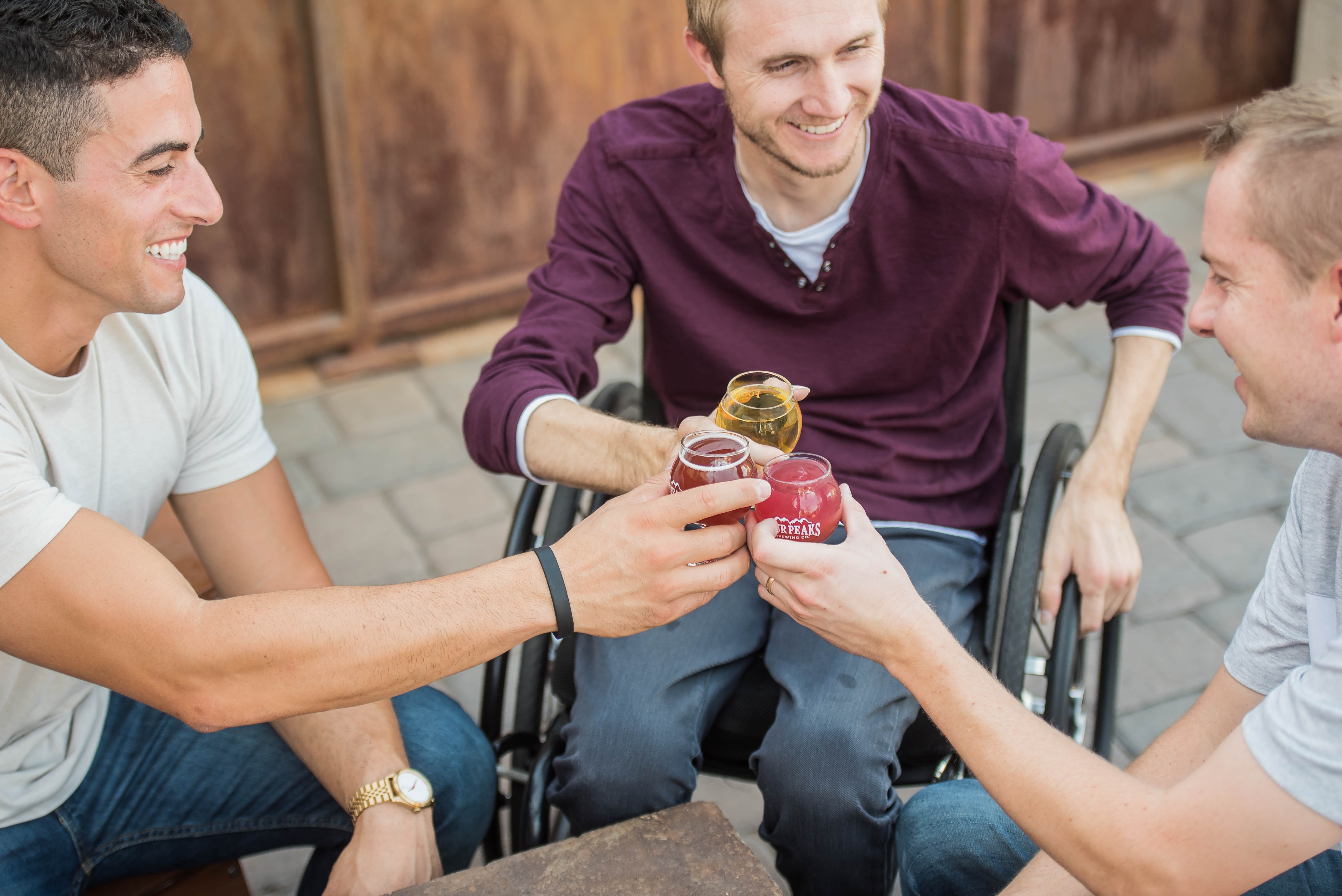
Credit: Elevate / Unsplash
Politicians need to give disabled people the same attention and financial aid which they have given to other groups. Alarmingly, the Office for National Statistics states that six in ten of all COVID deaths in England were disabled people. There needs to be money allocated to ensure that all chronically ill and disabled people can be vaccinated, especially those who are housebound, as well as money to ensure we can still shield and get the healthcare we need.
Article 2 of the Human Rights Act means that the Government should take appropriate measures to safeguard life by making laws to protect you and, in some circumstances, by taking steps to protect you if your life is at risk. By not taking appropriate steps to protect disabled people, the British Government is trampling this right.
The voice of the disabled community needs to be heard when decisions are being made. The Minister for Disabled People should be a disabled person with lived experience of what it is like. Most importantly, there needs to be an overall change of attitudes towards disabled people, to see us as more than burdens and as people who are worthy of help.
As the country gets “back to normal”, the focus needs to be on creating a world that’s safe for disabled people too. Our community has already lost enough.
The views expressed in this article are those of the author and do not necessarily reflect the views of EachOther.
About ‘The Inspired Source’ Series
This series is part of our work to amplify the voices of aspiring writers that are underrepresented in the media and marginalised by society. Each piece examines a human rights issue by which the author or their community is affected. Where possible, authors outline a position on how we might begin to address the issue. Find out more about the series and how to send us a pitch on this page.

